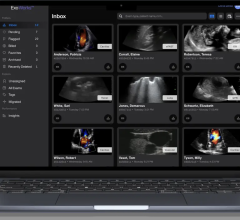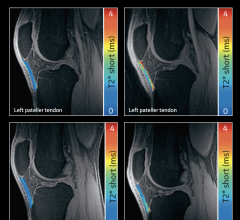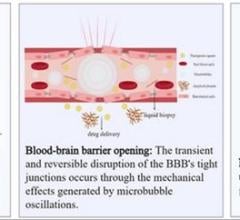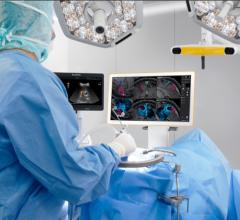
August 5, 2019 — A West Virginia-based rural medical outreach event showcased the use of point-of-care technology in an ambulatory setting and demonstrated that it can enhance clinical decision making. Physicians used new digital health technologies to diagnose acute and chronic cardiovascular diseases in a resource-limited area, and found that it improved their ability to diagnose common cardiac conditions such as atrial fibrillation and heart failure. Research findings on how this technology-based care impacts provider referral and downstream testing were presented during the 30th Annual American Society of Echocardiography (ASE) Scientific Sessions, June 21-25 in Portland, Ore.
The study compared conventional clinical assessment with technology-first assessments used as clinical decision-support tools to understand the incremental value of digital health devices in clinical diagnoses, referrals, resource utilization and perceived quality of care. Patients were randomly assigned to either standard care or to digital health assessments. Psychological well-being, lifestyles and habits, risk factors, and user experiences were measured using onsite and follow-up surveys. In the technology arm, point-of-care tests included smartphone-enabled pocket ultrasound and electrocardiogram, and wireless vital sign devices were provided at the patient visit.
Presenting author Sirish Shrestha, M.Sc., biostatistician and machine learning research scientist, said, “It was an exhilarating experience where 374 patients had over 1,000 point-of-care tests performed within six hours with engineers, providers, sonographers and many industry partners coming together for a wonderful cause."
Partho Sengupta, M.D., FASE, senior author added, “This study builds upon our previous experiences in ASE Foundation outreach events and bringing back to the United States what we learned abroad.”
Listen to the PODCAST: How Technology Is Changing Cardiology, an interview with Sengupta
For more information: www.asecho.org

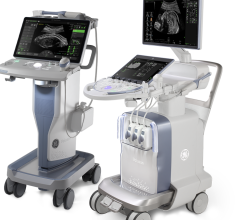
 July 19, 2024
July 19, 2024 



